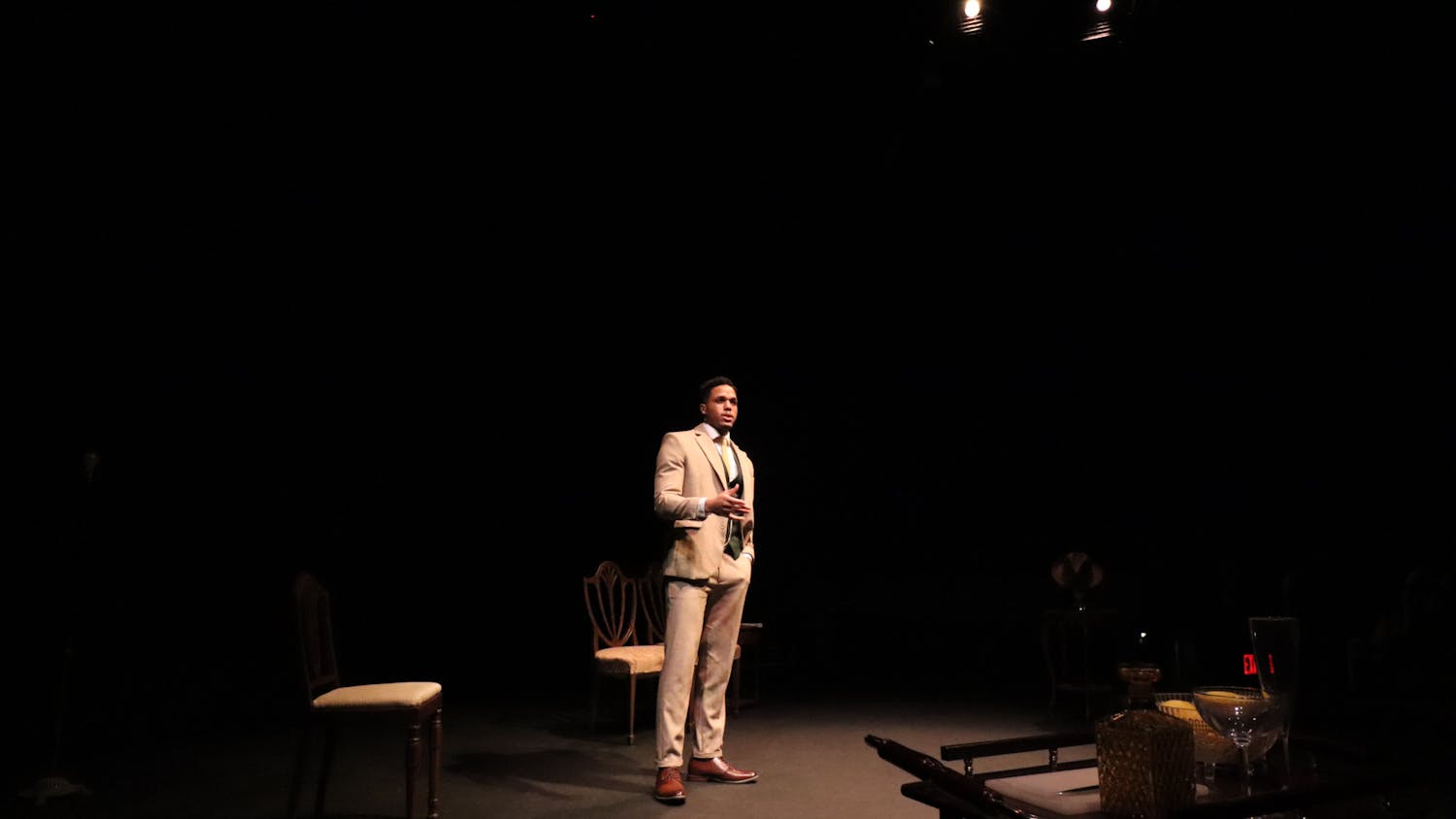Lies, love, death and deception. Weddings, divorces, affairs and funerals. These intriguing themes, along with director and screenwriter Wes Anderson and co-writer Owen Wilson's dark, deadpan humor await anxious viewers of "The Royal Tenenbaums," the latest film from the pair.
There are several routes a director and/or screenwriter might take to ensure his or her film's public and economic success. There is the violent excitement stratagem, cheesy slapstick comedy or the more mellow drama/love story approach, a combination of characters and funny or tragic experiences to which audiences can relate.
Anderson and Wilson's movies fall somewhere between the second and third categories. Their quirky characters are almost too dumb, pathetic or insane to appear even mildly normal. Their hopes and dreams are hardly plausible, if not altogether insignificant in the face of their inner and outer abnormalities.
Like Anderson and Wilson's two other collaborative projects, "Rushmore" and "Bottle Rocket," "The Royal Tenenbaums" will most likely acquire a cultist, "love it or hate it" status.
First it was Bill Murray in "Rushmore." This time Ben Stiller, Gwenyth Paltrow and a host of others make their first Anderson/Wilson film appearance in "The Royal Tenenbaums," among regulars such as Luke Wilson (brother of Owen) and Kumar Pallana -- like similar comedy cult classics, Anderson and Wilson's films reuse members of previous casts.
Yet as Anderson and Wilson's efforts move past the independent-art status of "Bottle Rocket" (their first feature) and into mainstream commercial film production, the two are slowly adding more big name stars to their eclectic casting repertoire.
The film revolves around the dysfunctional Tenenbaum family. The heartless and plotting father, Royal Tenenbaum, played by Gene Hackman (nominated as Best Actor for the 2002 Golden Globes), lies of impending illness to win back his long estranged family in the wake of his wife's possible second marriage.
The three Tenenbaum children, Margot (Paltrow), Chas (Stiller) and Ritchie (Luke Wilson), once childhood prodigies, now return to their old house and mother (Anjelica Huston) depressed and downtrodden in adulthood.
The eccentric cast of characters is clad in self-descriptive uniform outfits, and the heavy and moody urban scenery conjure memories of the designs featured in the board game "Clue." In addition, the depressing and multi-layered plotline seems to stem from one too many Tennessee Williams plays.
All in all , "The Royal Tenenbaums" is a dark and deceptive production, playing off humor in the face of tragedy.
The hilarity and absurdity of "The Royal Tenebaums" lies in its carefully misguided communication among characters. In a movie supposedly centered around dysfunction, family members respond to their problems mostly without feeling or passion. Their actions parody all acceptable and expected responses to difficult life situations like divorce or unrequited love.
Anderson fans may remember the moment in "Bottle Rocket," when Luke Wilson's character develops a passionate love affair with a Spanish-speaking hotel maid who cannot understand a word of his worshipful (English) speech.
"The Royal Tenenbaums" continues this pattern of ridiculously passive scenarios when, in the face of suicide, Margot questions with a strangely compassionate straight face, "Was it because of me?"
"Yeah," replies Ritchie, "but it wasn't your fault." He leaves it at that.
In its dark humor and funny but failed relationships, there is a pathetic, tragic feeling to the film as a whole.
Some may cringe and chuckle at Royal's racial slurs and deceptive tendencies or Anderson and Wilson's wonderfully planned one-liners, but there is still a sadly melancholy human undertone to the film. This one jars more feelings and sympathy from audiences than the duo's other emotionally void pieces.
"The Royal Tenenbaums" stands as Anderson and Wilson's deepest and best film so far.



